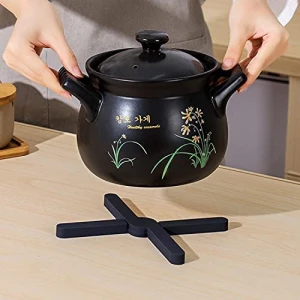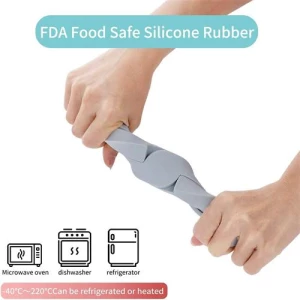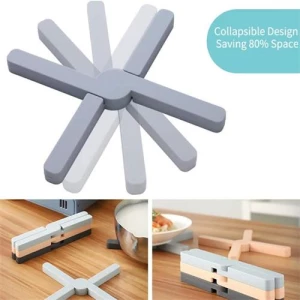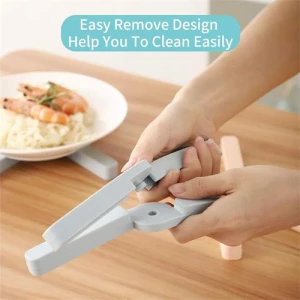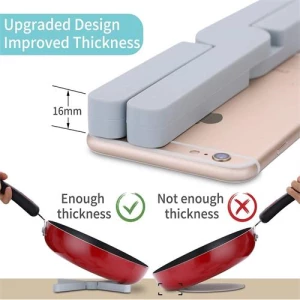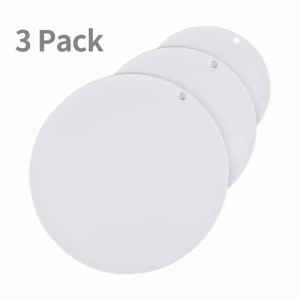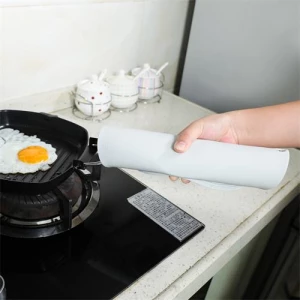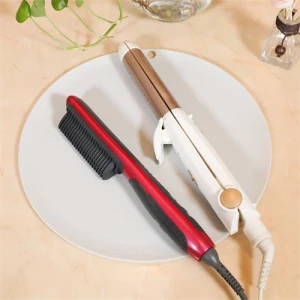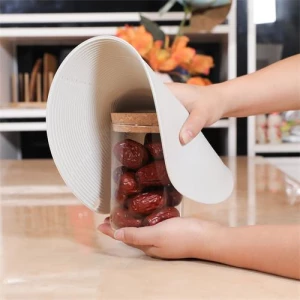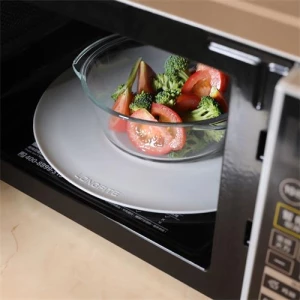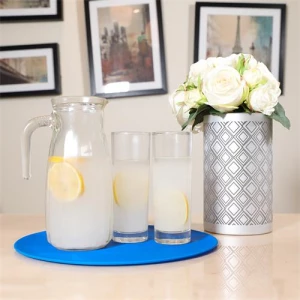Everything You Need to Know About Rivets for Your Projects
Rivets are a crucial component in various industries, from construction to automotive. Whether you're a DIY enthusiast or a professional, understanding the different types and applications of rivets can help you achieve stronger, more durable results. In this guide, we'll explore everything you need to know about rivets, including how to source them reliably from China.
How to Find Reliable Rivets from China in 2025
Sourcing rivets from China can be cost-effective, but it's essential to ensure quality. Look for suppliers with certifications like ISO 9001 and positive customer reviews. Platforms like Alibaba offer a wide range of options, but always request samples before bulk orders. Verify material specifications and test for durability to avoid substandard products.
What Buyers Should Know Before Buying Rivets from China
Before purchasing, consider the material (aluminum, steel, or stainless steel), size, and load-bearing capacity. Check for lead times and shipping costs, as these can impact your project timeline. Communicate clearly with suppliers about your requirements to avoid misunderstandings. Additionally, inquire about after-sales support and return policies.
Types of Rivets
There are several types of rivets, each suited for specific applications:
- Solid Rivets: Ideal for heavy-duty applications like bridges and aircraft.
- Blind Rivets: Perfect for projects where only one side is accessible.
- Pop Rivets: Commonly used in DIY projects for their ease of installation.
- Tubular Rivets: Often found in clothing and leather goods.
Functions and Features of Rivets
Rivets provide a permanent fastening solution that’s resistant to vibration and corrosion. They distribute load evenly, making them ideal for high-stress applications. Features like weather resistance and tensile strength vary by material, so choose based on your project’s demands.
Scenarios of Rivets
From assembling furniture to constructing aircraft, rivets are versatile. They’re used in automotive manufacturing, HVAC systems, and even jewelry. Their ability to join dissimilar materials makes them indispensable in many industries.
How to Choose Rivets
Consider the material you’re joining, environmental conditions, and load requirements. For outdoor projects, opt for stainless steel or aluminum rivets for corrosion resistance. For lightweight materials, plastic or pop rivets may suffice. Always match the rivet size to the hole diameter for a secure fit.
Rivets Q & A
Q: What’s the difference between solid and blind rivets?
A: Solid rivets require access to both sides, while blind rivets can be installed from one side.
Q: How do I remove a rivet?
A: Use a drill to remove the head, then push the remaining shaft out.
Q: Can rivets be reused?
A: No, rivets are permanent fasteners and must be drilled out if removed.
Q: What’s the strongest type of rivet?
A: Solid steel rivets offer the highest tensile strength.
Q: Are rivets waterproof?
A: Some are, depending on the material and sealant used.



